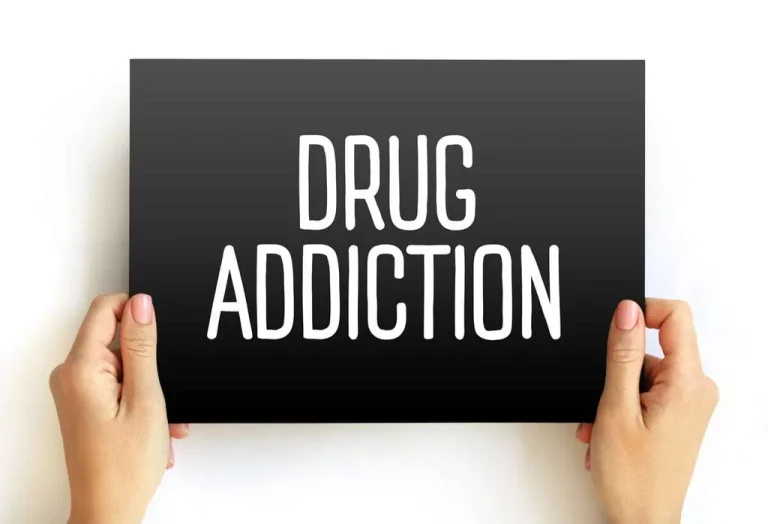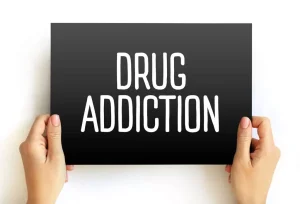Subtotal ₹125.00

If you’re recovering right now, it’s essential to understand that isolating yourself during treatment is difficult but healthy. In some ways, keeping busy can ease some of the loneliness in sobriety. Some individuals, who have battled addictions, choose to return to school and become addiction counselors. The opportunity to mentor individuals during their road to sobriety and being relatable not only eases isolation, but may encourage the individual to maintain their own sobriety.
Define Manic And Its Impact On Mental Health Today

Recovering from deep loneliness involves taking small steps to reconnect with others. Start by attending community events, joining clubs, or reaching out to support groups for shared experiences and understanding. When you’re lonely for too long, it can negatively impact your mental and physical health. The stress and isolation can contribute to depression, anxiety, and a host of health problems like high blood pressure and weakened immunity. Group fitness classes, like spin, Zumba, or a running club, blend social support with a mood-boosting workout.
Take Your First Step To Recovery

Discover the best luxury rehab centers in Kansas, offering top-notch amenities and personalized recovery care. Discover when your loved one doesn’t need a formal intervention and explore personalized support options today. In summary, addressing loneliness right away is essential to establishing a fulfilling sober life. Loneliness can feel overwhelming, but learning to manage and process emotions can help you navigate it more effectively. Regular meditation practice, guided through apps like Headspace or Calm, can enhance self-awareness and emotional regulation, making it easier to handle loneliness.
Helping a Loved One with Addiction during Coronavirus
Each step you take—joining a group, nurturing a pet, or trying a new hobby—draws you away from loneliness and toward a life rich with meaning and connection. An AA sponsor will provide one-on-one support as you work through the 12 Steps. They’ll also keep in touch with you daily and help you develop essential tools and strategies you can use to deal with challenging emotions.

For people in recovery, this means attending 1Step or other mutual-aid meetings. These social interactions help in discussing your feelings and keeping loneliness at bay. Battling feelings of loneliness, developing a new life in sobriety, and learning how to love yourself are things that all take time. With time, you’ll feel more comfortable in your own skin and build relationships that help loneliness in sobriety make life worth living sober.
The Role of Music in Emotional Regulation and Recovery
Building a network within the recovery community offers you assistance, validation, and useful coping tools. However, nurturing relationships with non-addicted friends and family provides stronger support and interpersonal connections. Another way to Sober living home manage loneliness is by communicating with loved ones and people in your support group. It’s important that we stay in touch with people who care about us and who understand us by making an effort to build meaningful connections with them.

We should also take time for ourselves and practice mindful meditation, which can help us stay https://ecosoberhouse.com/ grounded and connected to our emotions. It eventually led to depression, anxiety, and other mental health issues – even in a room full of people I could feel totally alone. Looking back now, I think I felt lonely due to the lack of meaningful connections or feelings of belonging. Loneliness is not something that should be taken lightly; it’s a real emotion that needs to be addressed in order to prevent further mental health issues from coming up. When I was out there drinking, over the years, I began to drift further and further away from reality as my alcoholism progressed. This tore apart the relationships with my wife and kids, co-workers, and long-time friends – anyone who loved or cared about me at all.
- Recovery may feel lonely because you must distance yourself from old social circles or activities revolving around substance use.
- When we’re very young, our parents or primary caregivers handle our loneliness for us.
- There’s a difference between being alone and feeling lonely.
Additionally, when you’re trying to limit your drinking (or stop it entirely), the isolation that comes with avoiding social activities can lead to loneliness. But if you keep going to meetings, don’t act like a jerk (just be yourself and be nice), you will make great friends … no matter how young or old you are. This takes some discipline, but if you’re feeling lonely, meditate.

 School Bag
School Bag